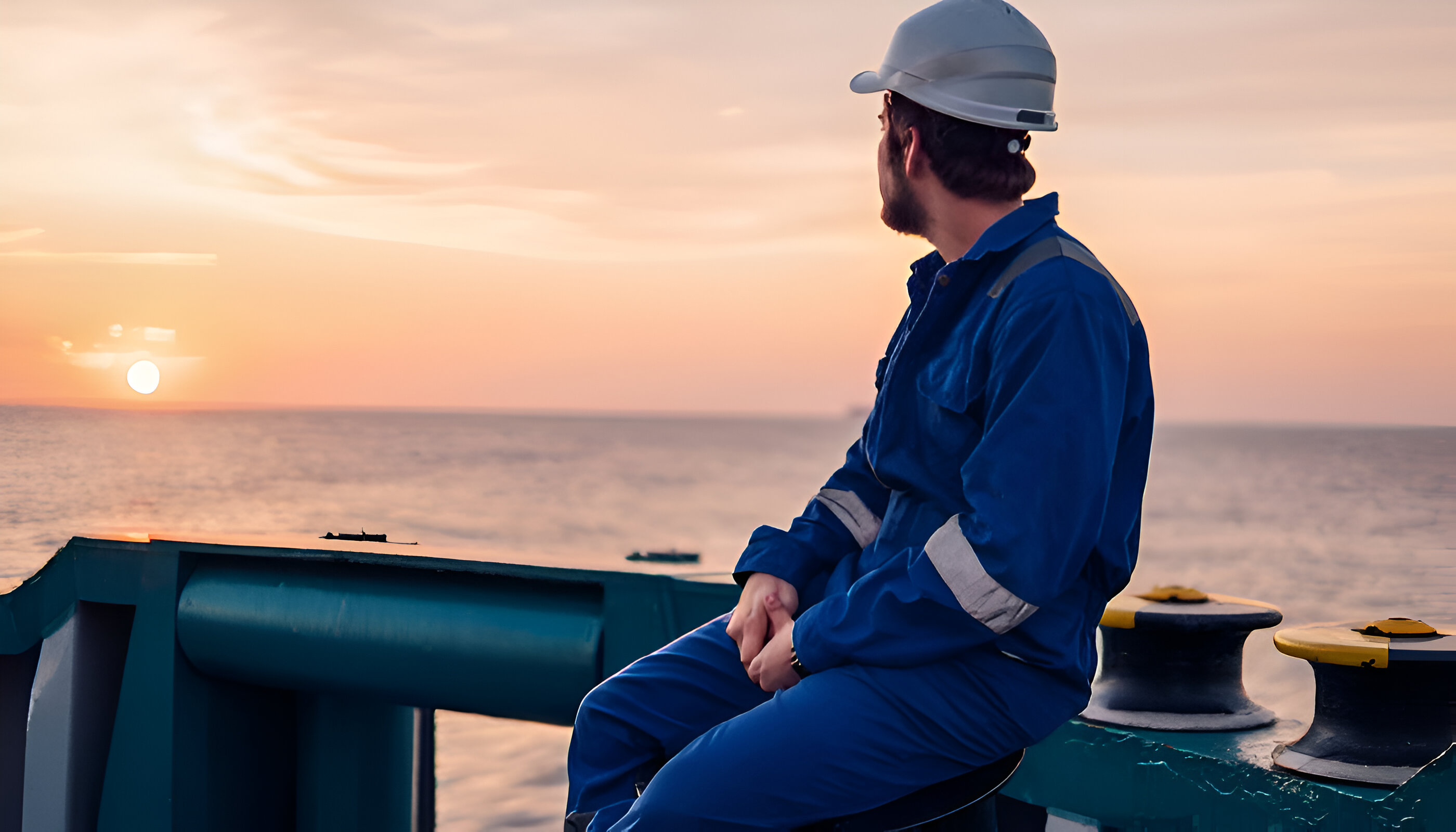Shipping man and author, Carlos Luxul, questions why the X-Press Pearl was not allowed to offload a leaking box of acid at ports in Qatar and India before its fateful voyage to Sri Lanka.
The X-Press Pearl sank on June 2 in what is now referred to as the worst maritime ecological disaster in Sri Lanka’s history. The wreck is close to shore, too close, and it won’t be long before the effects of the ship’s fuel and other pollutants are felt, along with the cocktail of cargoes (some hazardous) from close to 1,500 containers the ship was carrying.
The world watched with horror. Neighbouring governments rushed to offer assistance. Brave salvage teams did what they could. Concerned maritime and environmental organisations wrung their hands – and the blazing ship filled our TV screens.
For the general public, it was just another accident at sea, just another example of the nasty, polluting shipping industry carrying out its business, a business dominated by shady shell companies in far away places that don’t play by the rules. That’s the public’s perception, but they want their consumer goods, so they too wring their hands and look away.
Investigators should take a long, hard look at the inactions in the ports of Hamad and Hazira
Was it just another accident or could it have been avoided? Before arriving in Sri Lanka, the ship called at two modern and well equipped ports, and requested help with a container of nitric acid that was leaking. The CEO of the ship’s owners has been quoted as saying, “the port authorities did not allow it (discharge of the container) since they had no manpower or the equipment readily available to discharge.” In a further statement, the owners said, “the vessel underwent discharge and loading operations in both ports before continuing on its planned journey to Colombo. Applications had been made to both ports to offload a container that was leaking nitric acid but the advice given was there were no specialist facilities or expertise immediately available to deal with the leaking acid.”
The two ports in question, Hamad, Qatar, and Hazira, India, are both state-of-the-art terminals. Can it really be true that they were completely unable to deal with a leaky container? Nitric acid is nasty stuff, but …
A quick check of the ports’ websites confirms their enthusiastic commitment to the best possible practices in HSE (Health Safety & Environment) and CSR (Corporate Social Responsibility). They go way beyond mere compliance in setting out their lofty goals.
QTerminals, the operators of Hamad port, note their, “primary goal is to achieve no harm to people, property, environment and third-party assets. QTerminals fully admits its responsibilities and will take all reasonable steps to ensure these obligations are met at all times. Achievement of this will be through the process of risk management; observance of legal and other requirements; and implementation of a robust HSE management system.”
They go on to state, “while the line management is accountable for safety, we have trained and dedicated HSE staff for providing professional support and advice in fostering a strong HSE culture. All import/export/transit cargoes are handled in the safest possible manner by ensuring compliance with applicable laws and regulations, safety procedures, and safe work practices. We carry out all our business activities in a socially responsible manner. Our efforts are focused on Safe & Healthy Environment, Climate & Energy and People & Work.”
Adani Ports, the operators of Hazira port, are keen to advise that, “Health and Safety are among the core focus areas of our sustainability framework. We strongly believe and propagate that safety is a culture that should be embedded in the DNA of every stakeholder. Our Occupational Health and Safety Policy demonstrates commitment of senior leadership and provide guidance for effective safety management system across all port and logistic sites.
Adani’s CEO, Karan Adani, assures us that, “as responsible corporate citizens Adani ports are committed to sustainable development for the people of the community and the environment.”
The port goes on to announce “Initiatives & Achievements”, including: “▪ All ports are certified for Safety Management System (ISO 45001). ▪ Hazard identification and risk assessment controls for all hazardous and risk activities.”
It is also reassuring to see they are committed to: “▪ Provide a safe and healthy work place at all times. ▪ Ensure compliance in design and operations as per applicable national codes, standards, best practices, statutory and other stakeholder’s requirements. ▪ Establish committees with the involvement of the management and workers to continually improve the safety culture. ▪ Identify the risks and formulate mitigation plans to prevent incidents. ▪ Formulate emergency preparedness plans to manage all identified emergencies.”
These are indeed noble commitments, yet somehow it seems the two ports didn’t quite manage to match their ambition and intent with “best practice” during this incident. A leaky container of nitric acid is clearly a tricky problem, but state-of-the-art ports should surely be able to do better?
The investigation into the X-Press Pearl will rumble on. Attention will inevitably focus on the shipper of the nitric acid and the owners of the ship itself. But I hope the investigators take a long, hard look at the (in)actions in the ports of Hamad and Hazira, where it would seem lessons could or should be learnt.
To many observers, the X-Press Pearl incident is just another regrettable case of the global shipping industry and its ruling authorities signing up to conventions and codes of conduct and then ignoring them at the first sign of trouble. Why does it have to be inevitable that whenever a maritime disaster occurs, the ports en route, their local authorities and national governments are so often found wanting, seemingly unable or unwilling to help?






